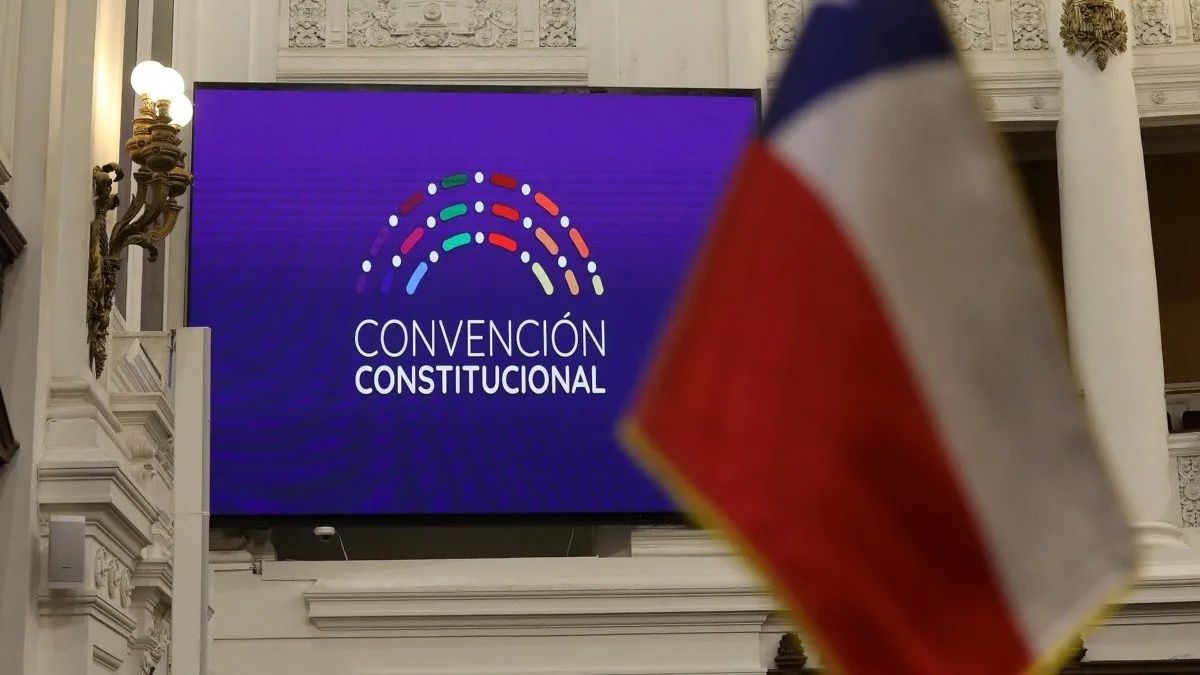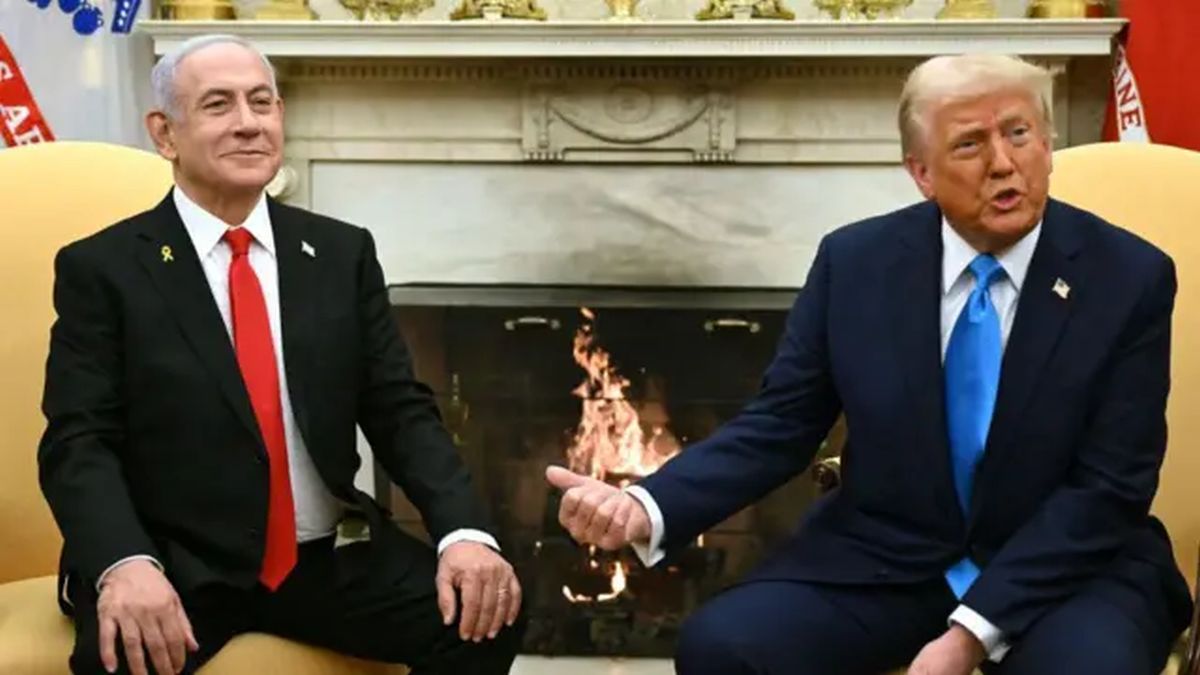After 103 plenary sessions, the CC ended the voting on articles that are now part of the draft of a new Fundamental Charter.
“We mark a very important milestone, we are pleased to formally announce the closure of the constitutional debate after 103 plenary sessions,” said the president of the convention, María Elisa Quintero.
“With this plenary session, not only is the constitutional debate closed, but another milestone is reached in this process, meeting all the established deadlines,” he added.
What does the new Constitution propose?
The approved draft postulates thate “the State recognizes and promotes a society in which women, men, diversities and sex-gender dissidents participate in conditions of substantive equality”reported the local newspaper El Mercurio.
It also points out that all state bodies, “public and semi-public companies must have a parity composition that ensures that at least 50% of its members are women.”
In addition, article 10 promotes the prohibition on the “forcible return to the borders” of people who have applied for asylum or are foreign refugeesan initiative proposed by the opposition caucus Let’s go for Chile.
It also has an article, 101, with the aim of put an end to the existing subsidiary State and replace it with a “Social and Democratic State of Law”and another, 253, tending to ensure “the conditions for a pregnancy, a voluntary termination of pregnancy, voluntary and protected childbirth and maternity”.
Also, it is postulated a “legal pluralism”, to allow the creation of courts for indigenous peoples that they would coexist coordinated in a National System of Justice; autonomy of the regions and the creation of a Council of Justice that will watch over the functioning of the courts.
what is the next way
This document will go next Tuesday to the Harmonization Commissionmade up of 40 constituents, who will review the wording and make suggestions so that it is concordant and coherent.
It will work in parallel with the Preamble Commissionin charge of preparing the text that opens the Magna Carta, and the Transitory Norms Commission, in charge of the transitory articles necessary for the transition between one Constitution and another.
This instance will have less than a month to present its observations to the plenary, which must carry out the final votes to present the definitive text to be voted on in the exit plebiscite on September 4.
What happens if the text is rejected
If it is rejected, the one imposed by the dictator Augusto Pinochet will remain in force. According to the Minister of the General Secretariat of the Presidency, Giorgio Jackson, “the stage is open.”
“As long as the last vote is not counted, trying to guess what the result is going to be is risking it very quickly for a projection. But hopefully it will be decided based on information and not misinformation, and that is our task as a government,” he added, reported the Chilean newspaper.
Assembly members also expressed themselves after the closing of the debate. Valentina Miranda, from the Communist Party, stated that “a stage of this democratic and beautiful process is coming to an end”, and exclaimed: “We have the draft. I am happy in spite of everything, months of intense work bear fruit”.
Constanza Schonhaut, from the Social Convergence bloc, declared: “With great emotion, we already have the draft of the new Constitution. A tool to respond to the desire for change and to improve the lives of people in Chile.”
Meanwhile, Giovanna Roa, from the Democratic Revolution, celebrated the closing of the constitutional debate “after 10 months of hard work and built in a democratic way. It is dispatched for harmonization.”
However, there were also unfavorable reactions. This was the case of Harry Jürgensen, from Renovación Nacional (RN), who said that “the proposal is a statist, separatist and poverty-generating Constitution” and added: “They forced us to vote against most of the norms”.
For his part, Arturo Zúñiga, of the Independent Democratic Union (UDI), expressed that “September 4, the month of the homeland, is the opportunity to keep the constitutional debate open, not approving the ‘work’ of those who voted from the shower, they want to appropriate the savings for old age and they lied with cancer.
The Chilean constitutional process arose from a transversal political agreement in November 2019 after a social outbreak and massive protests against inequalities. Almost a year later, 78% of Chileans voted to change the Constitution.
The full draft:
DRAFT-PROPOSAL-CONSTITUTIONAL-14.05.22-1.pdf
The draft of the constitutional proposal.
Source: Ambito
David William is a talented author who has made a name for himself in the world of writing. He is a professional author who writes on a wide range of topics, from general interest to opinion news. David is currently working as a writer at 24 hours worlds where he brings his unique perspective and in-depth research to his articles, making them both informative and engaging.




